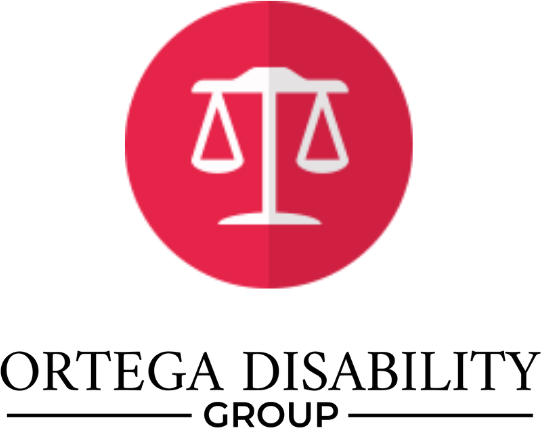Social Security Disability Insurance (SSDI) is a program provided for individuals who are unable to provide for themselves and take part in Substantial Gainful Activities (SGA), due to a disability. Such conditions can include a number of injuries and disorders, from blindness to limb amputation. Certain mental disorders also qualify individuals for Social Security Disability (SSD) benefits, like anxiety disorders or schizophrenia.
The Social Security Administration (SSA) utilizes the Blue Book to determine what conditions and disabilities should qualify claimants for SSDI. A person may also qualify for SSI (Supplemental Security Income) in addition to SSDI in some cases.
Applying For SSDI
When an individual puts in a claim for SSDI, they must prove to the SSA that their disability inhibits their ability to care for themselves and earn a livable wage. Special Senses and Speech disorders is a category in the Blue Book which qualifies many claimants for disability benefits. The specifications for this category is what the SSA references when reviewing applicable claims.
Defining Special Senses and Speech Disabilities
In the Blue Book, Special Senses and Speech references disabilities and disorders related to sight, speech, and hearing. Listed guidelines for these conditions help the SSA determine when a claimant is qualified to receive benefits. Guidelines can also include symptoms of conditions, not merely the conditions themselves.
Below are a few conditions which fall under the special senses and speech category in the Blue Book.
- Auditory Processing Disorder
- Cataracts
- Dizziness
- Loss of Speech
- Macular Degeneration
- Hearing Loss
- Partial Sight
- Retinitis Pigmentosa
- Vertigo
- Vision Loss
Proving that a disability or condition qualifies someone for SSDI can be difficult. When filing a claim under the Special Senses and Speech category, several important details should be considered.
Conditions like vertigo can be the result of other conditions, or it can be a problem all on its own. The SSA will want to determine the root cause of the problem, as well as the frequency and severity of the condition. The length of time the claimant has suffered from vertigo will also play a part in determining whether or not the SSA considers approving their disability claim.
Claimants who suffer from partial blindness will often have to undergo a variety of tests to prove the severity of their disability is great enough to impact their quality of life, and ability to take care of themselves. However, full blindness usually does not require such measures.
If a claimant suffers from loss of speech, the Social Security Administration will want to determine whether or not they may benefit from equipment that helps improve speech or artificially articulate speech.
Those who apply for SSDI under the claim of hearing loss often have to go through various tests to define just how severe their condition is.
SSD Attorney in Orange, CA
Filing a disability claim with the Social Security Administration is an arduous process. Proper paperwork and medical records have to be gathered and provided, tests conducted, and you have to know precisely what the SSA will look for in the Blue Book when trying to define your disability. Most initial SSDI claims are denied, but hiring a SSDI lawyer can improve your chances of getting your claim approved.
Contact Ortega Disability Group today, your reliable SSD attorney in Orange, CA, Alameda, and Oakland.
